I am quite relieved that the Tinubu administration has abandoned its initial plan to scrap the Niger Delta Ministry and transfer the NDDC to the Office of the Secretary to the Government of the Federation (SGF).
READ ALSO: Tinubu To New Ministers: Your Task Of Nation Building Begins Immediately
Join our WhatsApp ChannelThe thinking among senior officials, I understand, was that the Ministry was essentially a duplication of the commission, and so there was no need for Ministry. Many others believe that the argument was just a specious justification to gobble up the NDDC, which is essentially perceived in Abuja as the honey pot of the politicians. When I noticed that the ministry was missing from the list released by the government Friday evening, I quickly raised the alarm and called on Chief Edwin Clark and other Niger Delta elders and leaders to speak out. They did, and the President did listen. The statement last Friday from PANDEF (Pan Niger Delta Forum) on the planned dissolution of the ministry was characteristically strong, unambivalent and unambiguous. It noted that “any misguided step toward scrapping or submerging the ministry will create an unfavourable environment with adverse consequences,’’ and cautioned the federal government “to desist from tampering with any institution(s), which along with the Ministry of Niger Delta Affairs, have been the flagship institution(s) to ensure peace and development in the Niger Delta region.’’
I commend the National Leader of PANDEF, Pa Clark and its Chairman, Senator Emmanuel Ibok Essien, for their leadership in this and many other matters that concern our region, and I thank the President for yielding to a superior argument. Chief Clark and Senator Essien are tested fighters and defenders of the Niger Delta. Essien was one of the senators who fought doggedly for the abrogation of the onshore-offshore oil dichotomy between 1999 and 2007. His story is well told in my book published in December 2021.
As it is well known, our region has produced the hydrocarbon resources that have sustained this country since 1958. Indeed, the only elite consensus that binds the nation’s ruling class together and keeps the country from breaking into smithereens over the years has been the petro-dollar wealth that gushes out from the oil wells of the Niger Delta. It was from this oil wealth that Gen. Gowon financed his three Rs after the civil war and began the building of Lagos into the mega city it is today. Our oil wealth built Lekki, Dolphin Estate; Northern Foreshores; NICON Town; Shekinah Estate; Banana Island; Parkview Estate; Victoria Garden City (VGC) in Lagos; other opulent neighbourhoods across the country as well as the various multi-billion dollar projects in the country. From our oil boom, the Nigerian government built Abuja, while the super-rich acquired their private jets, most of them from the proceeds of the various subsidy scams. I challenge anybody to debate whether Nigeria would have survived without the trillions of dollars from the oil and gas resources of the Delta. Yet, the Niger Delta region has been left barren, spoiled and polluted. The level of devastation, poverty and misery is huge and the suffering of the people is untold. Why then did it occur to anybody that the best way to develop Nigeria was to scrap the Niger Delta Ministry – the only one dedicated to ameliorating the pains of the people? Why are our elites always so self-centred? Why is this region always a victim of Nigeria’s vicious internal dislocations, right from the days of General Gowon, who introduced the onshore-offshore oil dichotomy to President Obasanjo, who fought Obong (Arc) Victor Attah and other leaders in the region over his refusal to pay Derivation funds to some Niger Delta States? I should note that the same President Obasanjo had also refused to sign the NDDC Bill to law in 2001. The Commission was eventually established when the National Assembly vetoed Obasanjo and passed the Bill into Law by a unanimous vote.
President Buhari created the North East Development Commission (NEDC) five years ago and set up the Ministry of Humanitarian Affairs to rebuild the North East and help in addressing the suffering of the people of that region who have borne the brunt of terrorism for over a decade. As a Niger Deltan, I supported the establishment of NEDC and I wrote in an article then that NEDC should avoid the pitfalls of NDDC. NEDC has been well funded from the resources that flow from the Niger Delta. But nobody in the Tinubu Presidency thought of scraping either NEDC or the Humanitarian Ministry. In the First Republic, President Nnamdi Azikiwe and Prime Minister Balewa created the Ministry of Lagos Affairs to develop Lagos into a functional and modern capital. The first and only Minister of Lagos Affairs was Alhaji Ribadu, after whom Ribadu Road in Ikoyi is named. That ministry died when the first republic was truncated in 1966. President Yar’Adua created the Niger Delta Ministry in 2007 and established the Amnesty Program the following year. No other President has ever contemplated scrapping them. This is why it is important for the Nigerian President to surround himself with persons with a broad national vision who come from diverse backgrounds and ethnicity. It helps to insulate the leader from a tunnel of insularity.
Now that President Tinubu has been well guided, he should pay particular attention to the Delta Region and address the humungous problems of poverty, deprivation, environmental degradation and unemployment. To start with, the Ogoni Clean Up which his predecessor started, should be completed. In addition, the East-West Road and other major federal roads in the region like Benin-Warri Expressway; Benin-Auchi Road; Aba-Port Harcourt Expressway; Owerri-Port Harcourt Expressway; Calabar-Uyo-Ikot Ekpene Highway; Aba-Ikot Ekpene Road; Umuahia-Ikot Ekpene Road should receive complete reconstruction. This is the least that the federal government can do for a region that has given this country so much.
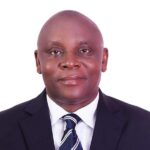
Etim Etim
ETIM ETIM is a journalist, banker and author. He has been a member of the Editorial Board of The Guardian, a Regional Manager in Access Bank and is currently a Columnist in Prime Business Africa, The Cable and Businessday newspapers.
He is also the Chief Executive of Stein Meyer Communications, a major media consultancy and the author of the best-selling book, "Akwa Ibom Heroes: Inside Story of the Fight for Abrogation of Onshore-Offshore Oil Dichotomy" and co-author of another book, "Osinbajo Strides: Defining Moments of an Innovative Leader".

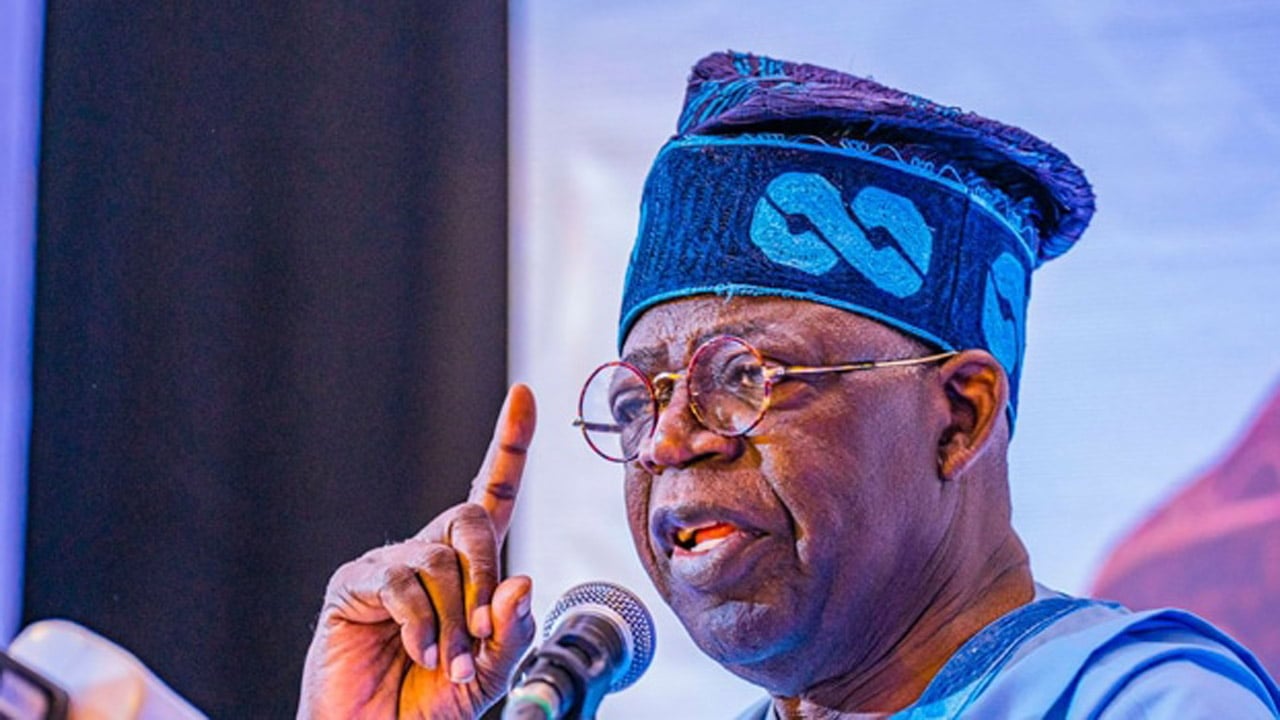

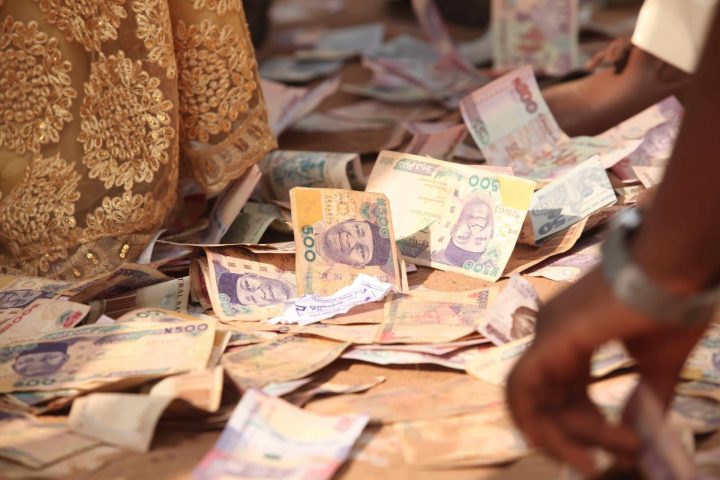
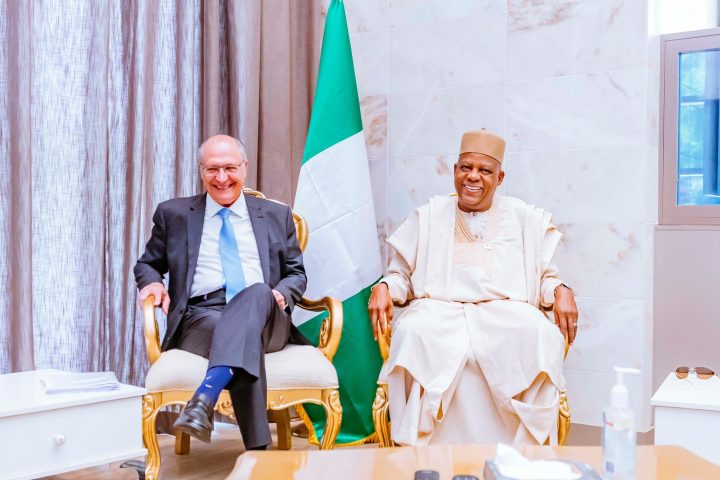









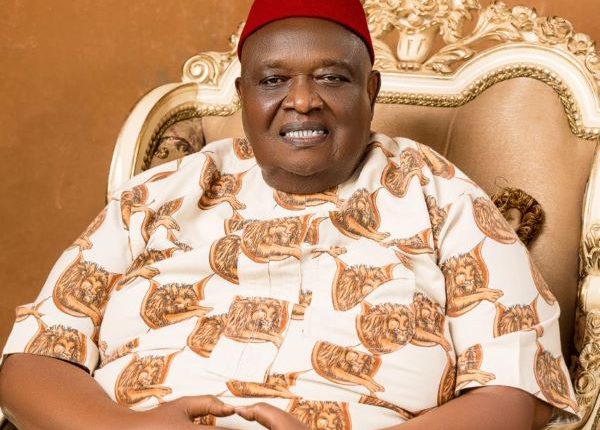

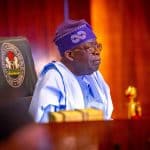
Follow Us